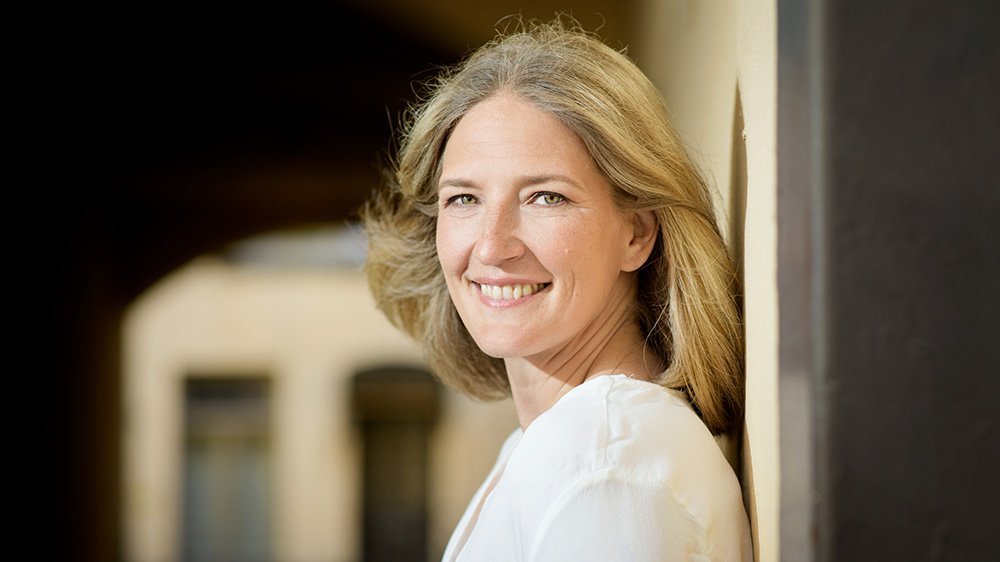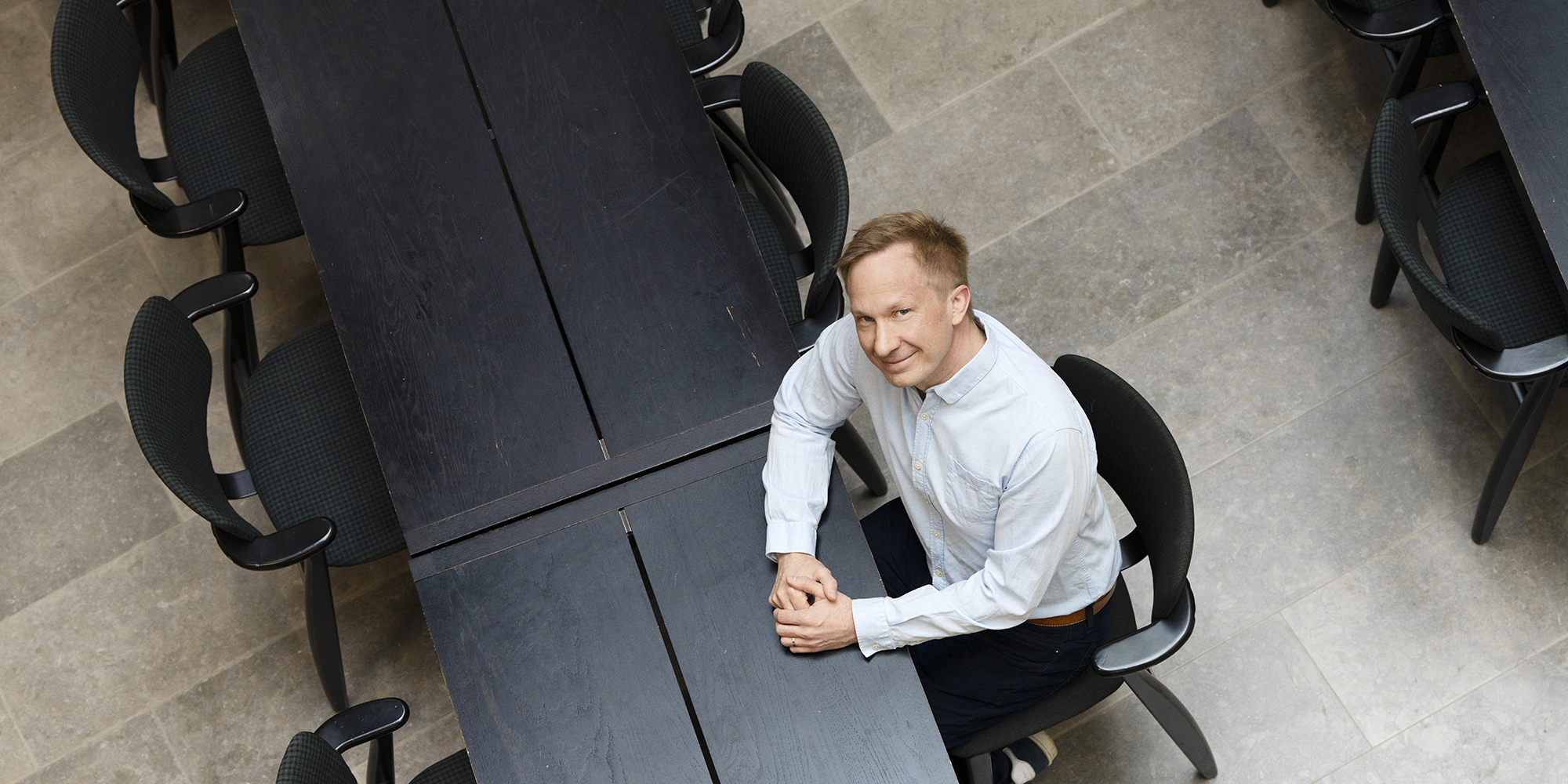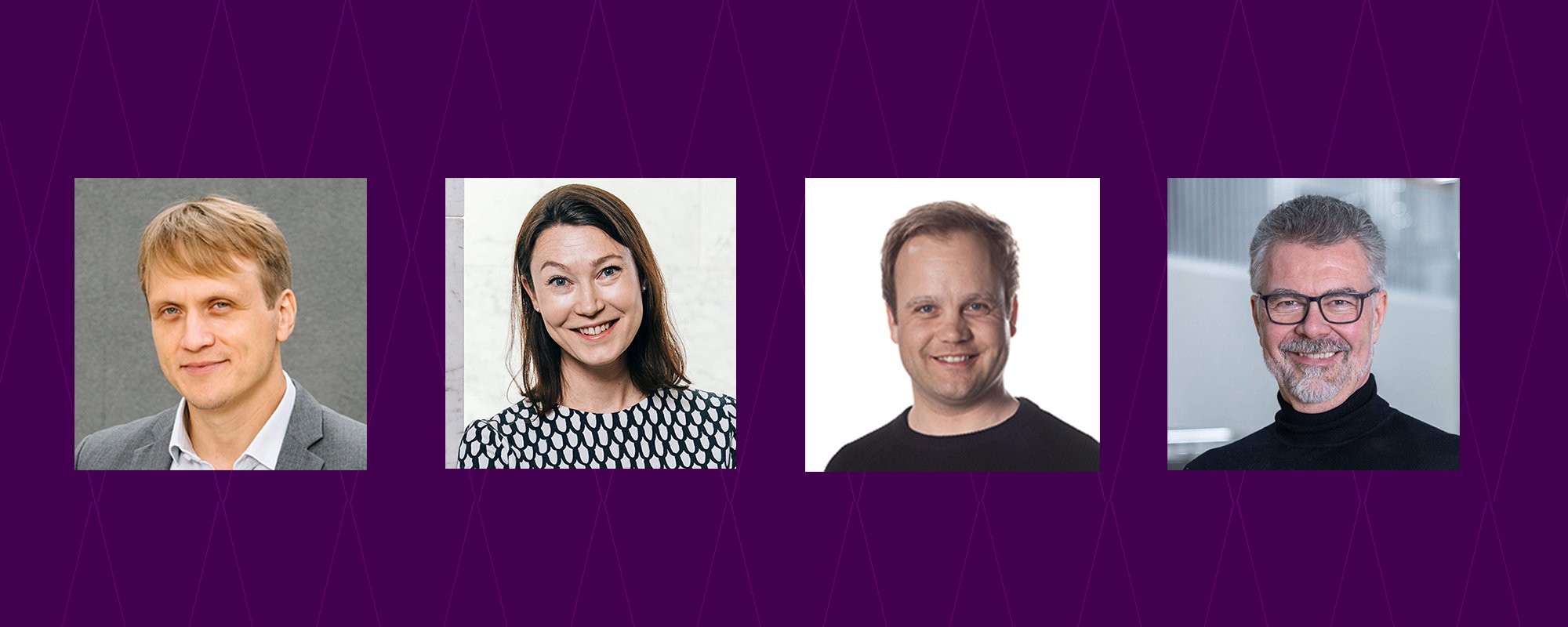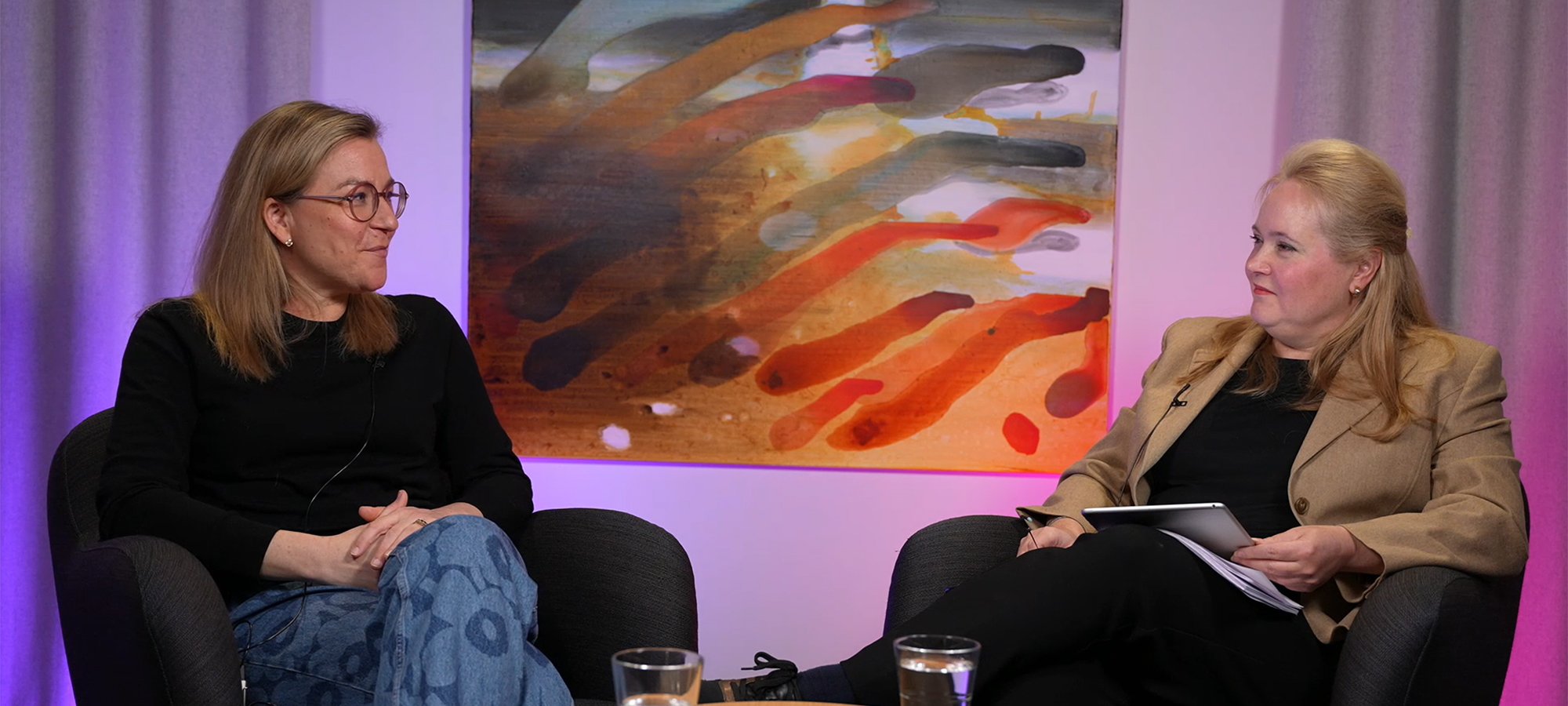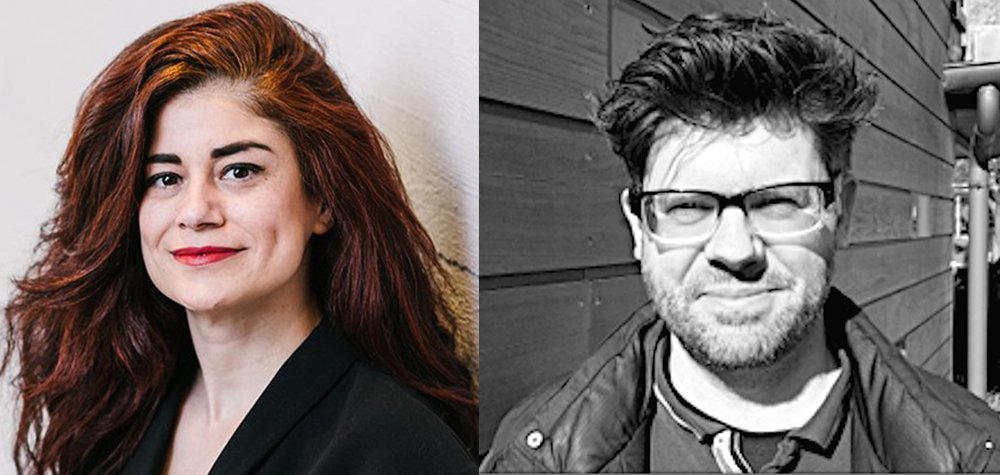Net-positive living, bio-based products and materials, decarbonization technology and services, circular economy batteries and green metals, green hydrogen-enabled solutions.
These are Finland’s five moonshots for green growth as identified in the early 2023 report by Boston Consulting Group (BCG) and the Climate Leadership Coalition (CLC).
Moonshots for green growth refers to industrial and technological solutions that not only reduce emissions at home and abroad, but also increase Finnish exports. The conclusions drawn in the report are based on interviews with dozens of Finnish businesses.
The identification of the moonshots reflects a change in the approach to combatting the climate crisis.
Climate change mitigation has long been believed to increase industrial costs, or at least require significant investments. While investing in green technology is still necessary, investments are now also recognized as bringing significant earnings to Finland.
“Last spring, Etla stated for the first time that the revenue generated from climate solutions may actually outweigh the costs incurred from climate change mitigation,” CLC's CEO Tuuli Kaskinen told Aalto Leaders' Insight.
Kaskinen's key message to executives is this: The green transition will affect all industries. It will also provide each of them with new opportunities for growth.
The article continues below.
Finland’s five moonshots for green transition
A holistic offering to reduce energy-related emissions from construction and housing (e.g., wooden construction, carbon-neutral energy solutions and demand response systems)
Solutions that replace fossil-based and emissions-intensive materials and products in various industries, such as sustainable textile fibers and durable, bio-based consumer products.
Technological solutions and services to decarbonize industry (e.g., process electrification and digital lifecycle services)
Circular, sustainably manufactured batteries and green metals (including bio-based battery materials and green steel
Products manufactured using green hydrogen and derivatives of green hydrogen (e.g., green steel, synthetic fertilizers and fuels, alternative proteins)
Source: Boston Consulting Group ja Climate Leadership Coalition (CLC)
Businesses play a key role in solving the climate crisis
CLC's CEO since spring 2022, Kaskinen has worked on climate issues throughout her career, for over 20 years.
Her business studies have laid the foundation for her strong belief that issues can be solved with commercial solutions. Interest in questions related to the pricing of natural values and carbon dioxide was aroused as early as her college days: What if the price could be used to transform sustainability talk (which was still rather soft at the time) into something that would have a direct impact on a company's bottom line and balance sheet?
The topic of Kaskinen’s Master's thesis was emissions trading in the European Union, which was about to be launched at the time, and its effects on businesses.
The solutions must enable people all over the world to make smarter choices, and the system to change."
“At the time, we probably didn't think that it would take 15 years for emissions trading to become an established practice in a way that would have an impact. But now it does, and it works excellently.”
The slow progress did not eat away Kaskinen’s motivation. Solving the climate crisis has always fascinated her because it is a global challenge.
In Kaskinen's opinion, critics are, in a way, right in saying that it does not matter what is done in Finland unless enough is invested in sustainable development and the green transition elsewhere. It is important for a small country to act as part of a global, systemic entity that strives to create internationally feasible and scalable solutions.
“The solutions must enable people all over the world to make smarter choices, and the system to change,” Kaskinen points out.
Enterprises have the required tools and resources as well as the incentive to promote the broad utilization of these solutions. Kaskinen, who worked for the think tank Demos Helsinki for 13 years, has always found working with businesses interesting: the climate crisis cannot be solved without their input.
“Every single scientific assessment of what needs to be done about climate change is more drastic than the previous one”
Led by Kaskinen, CLC is the largest non-profit climate business network in Europe. Its 96 organizational members globally employ approximately one million people. The market cap of the corporate members represents almost 70 percent of the Helsinki stock exchange.
In her work at both CLC and Demos Helsinki, Kaskinen has seen that Finnish executives understand the seriousness of climate change and emissions impacts and are willing to act accordingly.
“Every single scientific assessment of what needs to be done about climate change is more drastic than the previous one. At no point has there been a message saying ‘Hey, no worries, this wasn't quite as bad as we thought!’”
Although climate change is a familiar topic for Finnish executives and the need for emission reductions, for example, is widely understood, the executives still want to increase their expertise in sustainability matters.
Strengthening biodiversity, or at least halting its decline, and ocean acidification are vital issues currently igniting debate among businesses. How could we strengthen the diversity of species, for example, in a manner that would benefit business?
In addition to reducing emissions, many business executives are now considering how they could better promote the sequestration of carbon. The long-term goal is for humanity to take more carbon dioxide from the atmosphere than it puts into it.
The faster we can increase our own manufacturing, the faster we can help the world reduce emissions."
“The big question is where the growth potential lies here: the faster we can increase our own manufacturing, the faster we can help the world reduce emissions – and we Finns are known to be a bit cautious about this. We would like to see that there is a desire for growth and that it is made apparent.”
In the spring of 2023, Kaskinen was one of the guest speakers in Aalto University Executive Education and Professional Development’s (Aalto EE) Strategic Sustainability for Business program. The program is aimed at experienced executives and experts interested in strengthening the link between sustainability and business strategy.
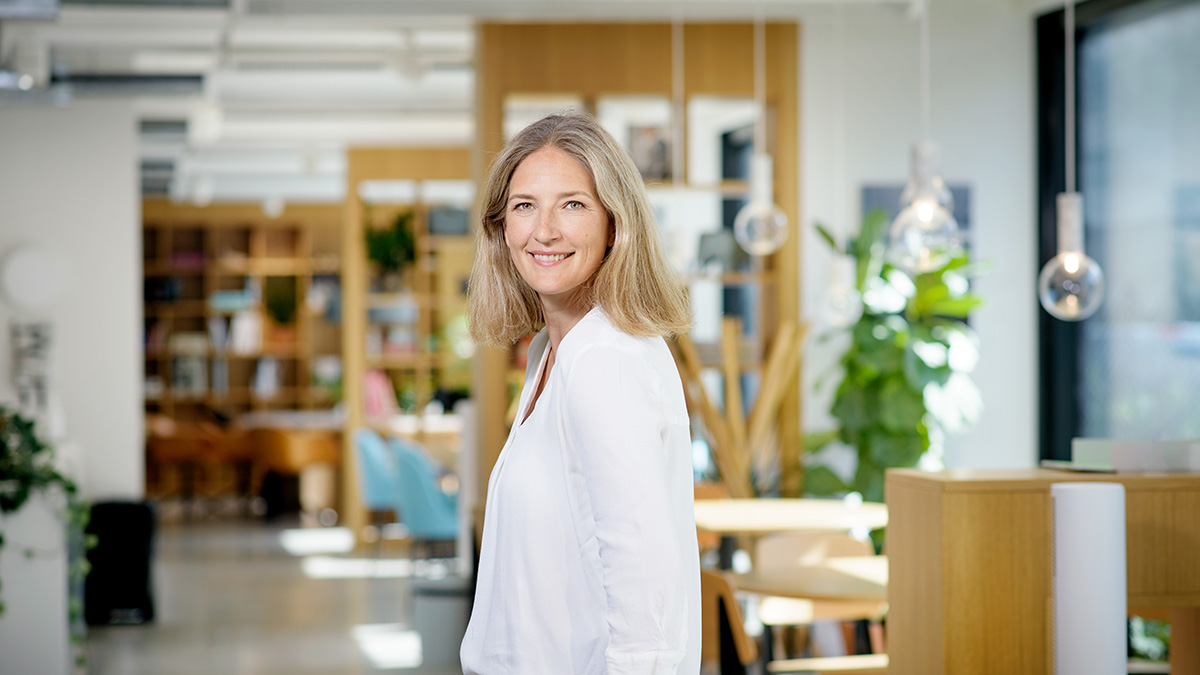
"Fortunately, we humans have an innate desire to do good for the environment and each other if possible," says Kaskinen. Photo: CLC
Kaskinen was pleased to see that the participants broadly saw the green transition as creating room for new innovations and sprouting new growth opportunities.
“This will not only benefit wind power producers. A wide range of industrial sectors have opportunities for growth that are related to solving environmental challenges. Fortunately, we humans have an innate desire to do good for the environment and each other if possible. Obviously, business executives will seize such opportunities wherever they can, too.”
Moonshots are progressing at different paces – hydrogen economy has great potential
Finland’s five moonshots for green growth and their utilization are currently progressing at different speeds.
Wood-based solutions are the traditional cornerstone of Finnish industry, but paper and pulp and products made from them cannot yet be replaced with bio-based alternatives.
Finland is constantly exporting technology solutions designed for industrial use that are more energy- and material-efficient and environmentally friendly. Green metals and batteries, on the other hand, represent newer products that are now the subject of fierce competition.
“The question of whether SSAB, for example, produces more green metal in Finland or Sweden is extremely topical. Huge international investments are being made in these areas as we speak, and there is great competition for them.”
To a certain extent, a similar situation applies to hydrogen economy solutions.
"Finland's new Government Programme also states that Finland will strive to become a clean energy superpower. If we succeed in doing that, the potential of the hydrogen economy will be huge.”
Kaskinen remarks that hydrogen production in Finland has an exceptionally vast potential from a European perspective. "According to estimates by the European Commission, up to 10 percent of the EU's production targets could be produced in Finland.”
Tuuli Kaskinen is the CEO of Climate Leadership Coalition (CLC). In spring 2023, she spoke to the attendees of Aalto EE's Strategic Sustainability for Business program. The program focuses on strengthening the link between sustainability and business strategy while emphasizing an entrepreneurial mindset. In the program, you will get to improve your understanding of the key sustainability strategy themes for future success and network with experienced executives and experts. Read more about the program
















